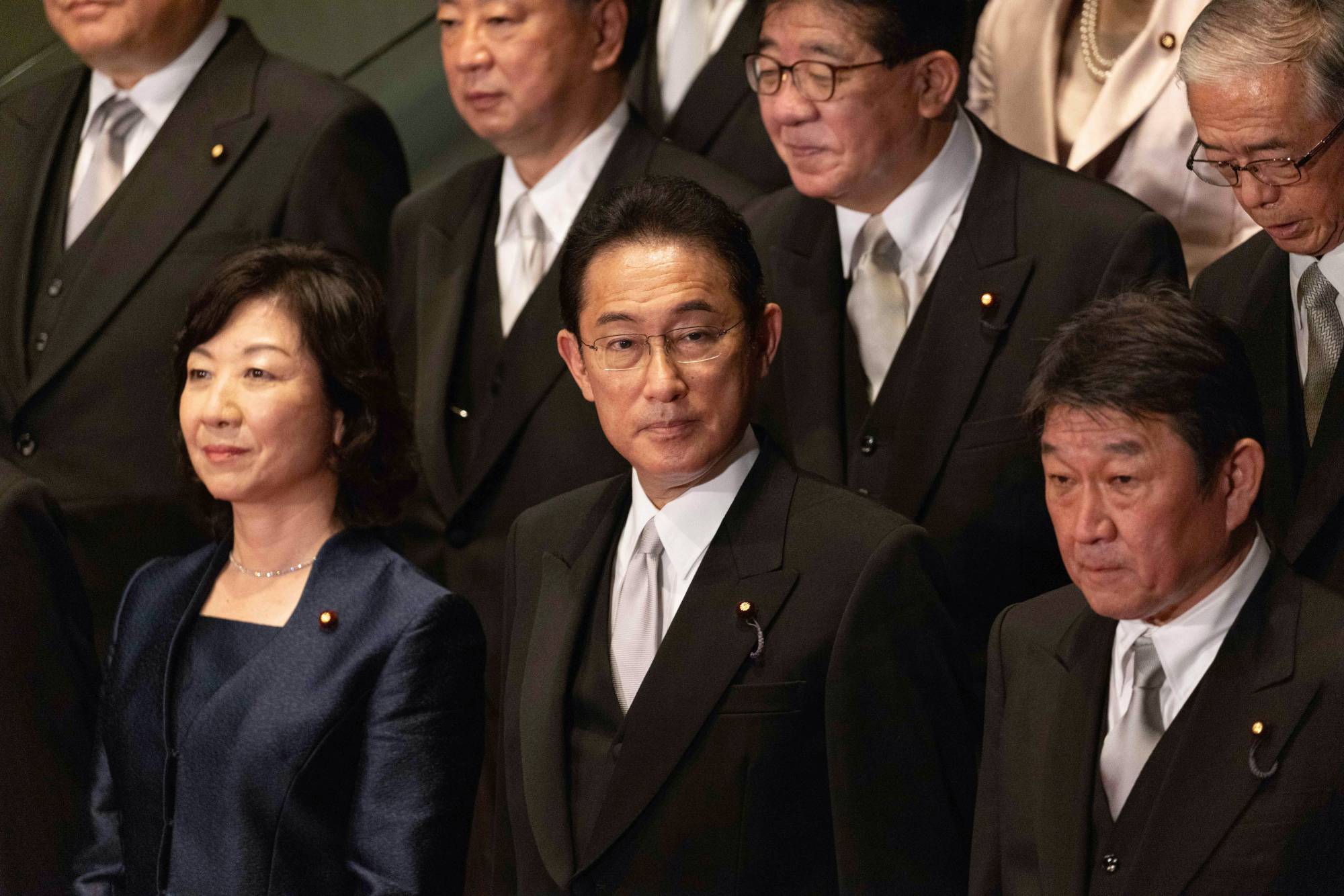Fumio Kishida was elected Japan’s 100th prime minister on Monday. He takes office with two pressing tasks. The first, more long term, is to restore confidence in the economy, which means recovering from the COVID-19 pandemic and tackling the growing inequality that marks Japanese society. The second, and most immediate, is leading his Liberal Democratic Party (LDP) to victory in national elections now scheduled for the end of October.
The second is relatively easy; the first will take energy, creativity and patience. It isn’t clear if Kishida has all three.
In one of his first acts as prime minister, Kishida called a Lower House election for Oct. 31. That is earlier than anticipated — the vote had to take place before the end of the year — and reflects an eagerness to exploit the bump in popularity that new prime ministers enjoy. Unfortunately for Kishida, his Cabinet’s support rate may be 21 points above that of outgoing Prime Minister Yoshihide Suga, but it is lower than that of Suga or Shinzo Abe when they took office. In fact, it is the third worst inaugural rating of the last nine administrations.



